
The Historic Charm of Rideau Canal
The Rideau Canal, a UNESCO World Heritage Site, is a captivating waterway that stretches from the heart of Ottawa to Lake Ontario. As the oldest continuously operated canal system in North America, it offers a delightful blend of history, culture, and natural beauty, making it a must-visit destination for tourists. Stroll along the scenic paths that line the canal, where you can admire the well-preserved locks and historic buildings that tell the story of Canada's rich heritage. In the warmer months, the canal is a hub of activity, with opportunities for boating, kayaking, and paddleboarding. Cyclists and joggers also flock to the canal's picturesque pathways, which provide a serene escape from the bustling city streets. Winter transforms the Rideau Canal into the world's largest naturally frozen skating rink, attracting skaters from around the globe. Glide along the icy surface under the twinkling lights, and warm up with a cup of hot chocolate from one of the many cozy vendors along the way. Whether you're visiting in summer or winter, the Rideau Canal offers a unique and unforgettable experience that showcases the best of Ottawa's charm.
Local tips in Rideau Canal
- Visit during Winterlude, Ottawa's winter festival, to experience the canal at its festive best.
- Rent a bike or a paddleboard in the summer to explore the canal from different perspectives.
- Check out the Bytown Museum near the Ottawa Locks for a deeper dive into the canal's history.
- Pack a picnic and relax at one of the many scenic spots along the canal.
- Wear comfortable shoes for walking or skating, as there is plenty to explore on foot.
The Historic Charm of Rideau Canal
The Rideau Canal, a UNESCO World Heritage Site, is a captivating waterway that stretches from the heart of Ottawa to Lake Ontario. As the oldest continuously operated canal system in North America, it offers a delightful blend of history, culture, and natural beauty, making it a must-visit destination for tourists. Stroll along the scenic paths that line the canal, where you can admire the well-preserved locks and historic buildings that tell the story of Canada's rich heritage. In the warmer months, the canal is a hub of activity, with opportunities for boating, kayaking, and paddleboarding. Cyclists and joggers also flock to the canal's picturesque pathways, which provide a serene escape from the bustling city streets. Winter transforms the Rideau Canal into the world's largest naturally frozen skating rink, attracting skaters from around the globe. Glide along the icy surface under the twinkling lights, and warm up with a cup of hot chocolate from one of the many cozy vendors along the way. Whether you're visiting in summer or winter, the Rideau Canal offers a unique and unforgettable experience that showcases the best of Ottawa's charm.
Iconic landmarks you can’t miss
Parliament Hill
Discover the historic Parliament Hill in Ottawa, where Canada's democracy comes alive amid breathtaking architecture and vibrant cultural experiences.
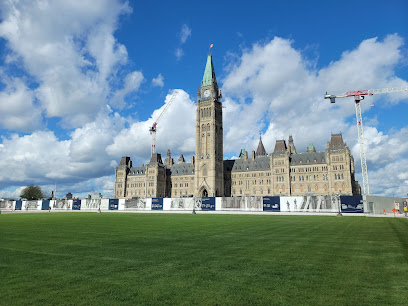
Rideau Canal National Historic Site
Discover the stunning Rideau Canal National Historic Site, a UNESCO World Heritage treasure, rich in history and perfect for outdoor adventures in Ottawa.
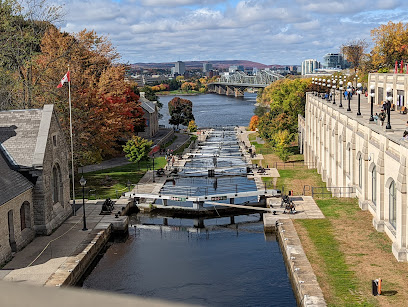
The National War Memorial
Explore the National War Memorial in Ottawa, a poignant tribute to Canada's heroes, rich in history and significance for all visitors.
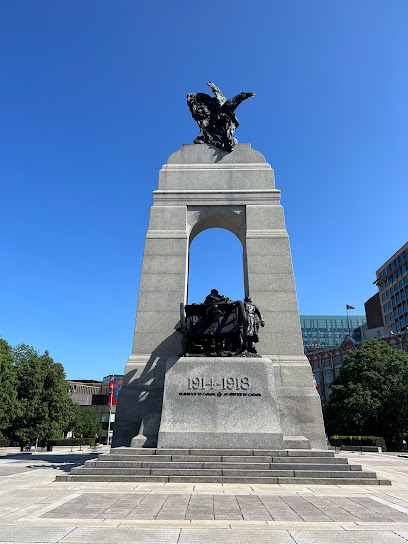
Rideau Canal, Locks 1 - 8 - Ottawa
Experience the charm of the Rideau Canal, a historic landmark in Ottawa, where nature and culture intertwine along a UNESCO World Heritage Site.
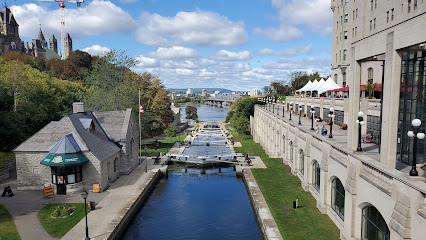
Rideau Hall
Explore Rideau Hall: Discover Canadian history, wander scenic grounds, and witness national traditions at the Governor General's residence in Ottawa.
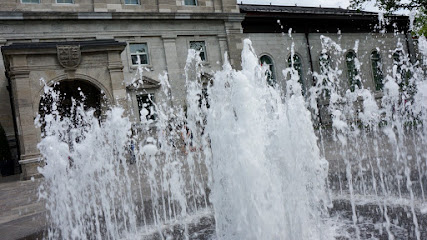
Rideau Canal, Locks 11-12 - Hogs Back
Explore the historic Rideau Canal at Hogs Back Locks, where nature and history blend seamlessly in Ottawa's scenic landscape.
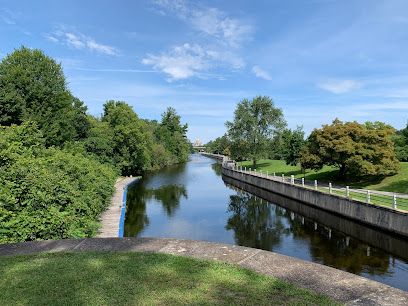
Heart Island
Explore the serene charm of Heart Island, a beautiful park in Central Park, Ontario, perfect for picnics, walks, and enjoying nature's beauty.
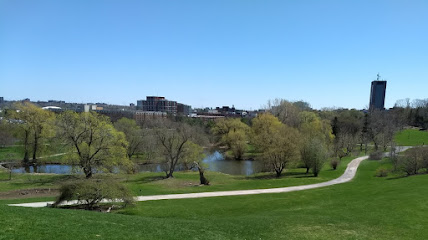
Rideau Canal
Discover the historic Rideau Canal, a UNESCO World Heritage Site offering year-round recreation from boating and paddling to skating in the heart of Ottawa.
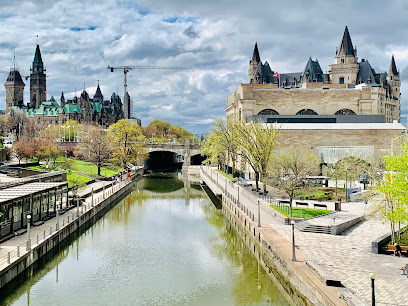
Rideau Canal Celtic Cross
Explore the Rideau Canal Celtic Cross, a stunning stone carving celebrating Celtic heritage amidst Ottawa's serene natural beauty.
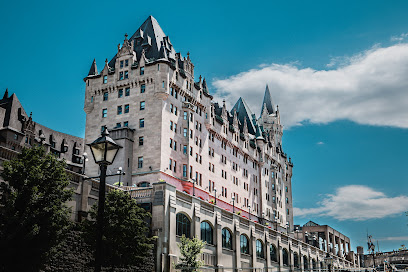
Rideau Canal Historic Plaque
Explore the historic Rideau Canal in Ottawa, a UNESCO World Heritage Site, and discover its fascinating history through the iconic Historic Plaque.
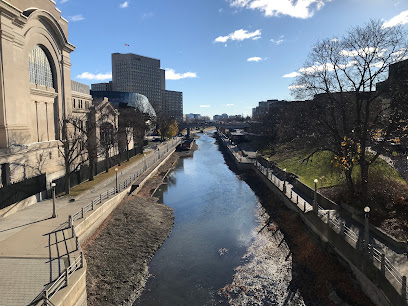
Unmissable attractions to see
Parliament Hill
Discover the stunning architecture and rich history of Parliament Hill, the heart of Canada's democracy, in beautiful Ottawa.
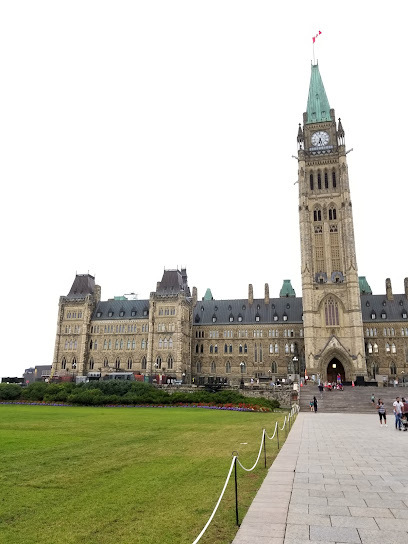
Ottawa Sign, ByWard Market
Discover the vibrant heart of Ottawa at the iconic Ottawa Sign in ByWard Market, where culture, cuisine, and community converge.
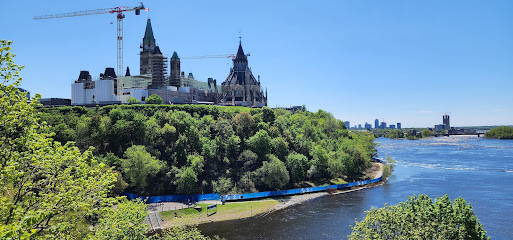
Rideau Canal, Locks 1 - 8 - Ottawa
Explore the Rideau Canal, Ottawa's iconic waterway, where history meets recreation in a stunning natural setting.
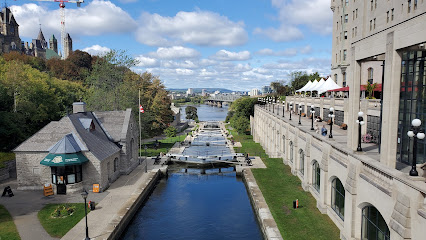
Fletcher Wildlife Garden
Explore the serene Fletcher Wildlife Garden in Ottawa, a wildlife refuge that showcases diverse flora, fauna, and educational experiences for nature enthusiasts.
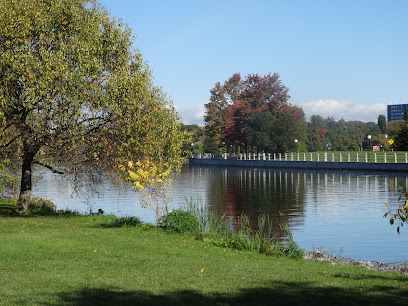
The Orb
Discover The Orb in Ottawa, a stunning blend of art and architecture that captivates visitors with its unique design and vibrant atmosphere.
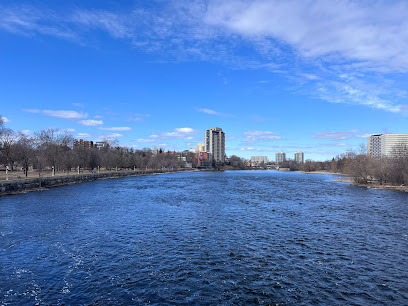
Essential places to dine
JOEY Rideau
Savor exquisite dishes in Ottawa's vibrant Byward Market at JOEY Rideau - where modern dining meets exceptional service.
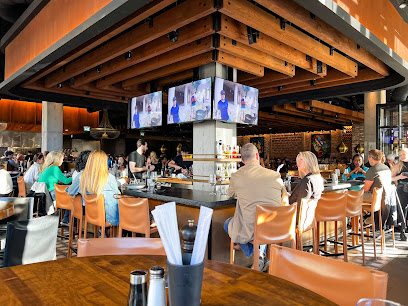
Riviera Ottawa
Discover Riviera Ottawa: A unique dining experience blending modern cuisine with local flavors in a stunning historic setting.
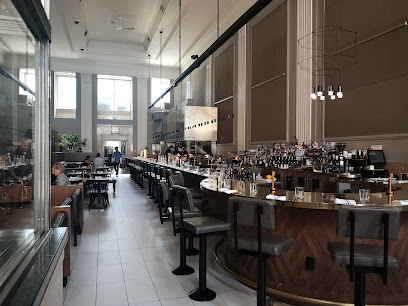
Canal Ritz
Experience authentic Italian cuisine with stunning views at Canal Ritz in Ottawa - where every meal feels like a celebration.
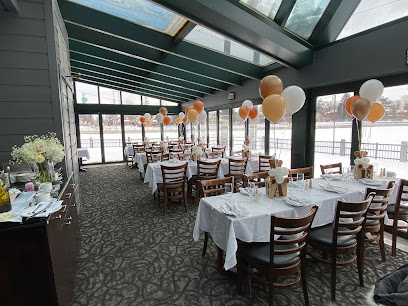
Metropolitain Brasserie Restaurant
Discover the taste of France at Metropolitain Brasserie, where classic dishes meet modern elegance in Ottawa's Byward Market.
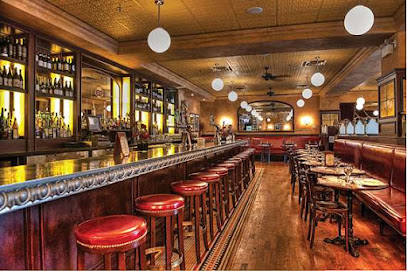
Sidedoor
Discover Sidedoor: A vibrant restaurant and bar in Ottawa's Byward Market serving unique dishes in a lively atmosphere.
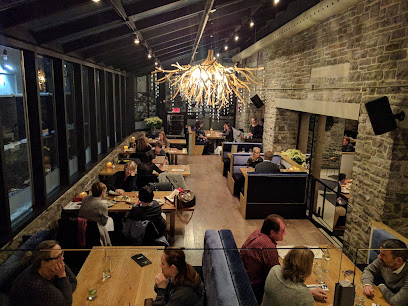
The Shore Club
Discover Ottawa's finest dining at The Shore Club - where succulent steaks meet fresh seafood in an elegant waterfront setting.
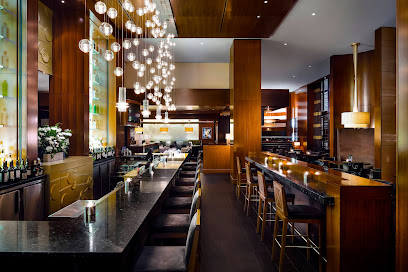
THE ALBION ROOMS RESTAURANT
Experience the best of Ottawa's dining at The Albion Rooms - where local ingredients meet creative culinary artistry in a vibrant gastropub setting.
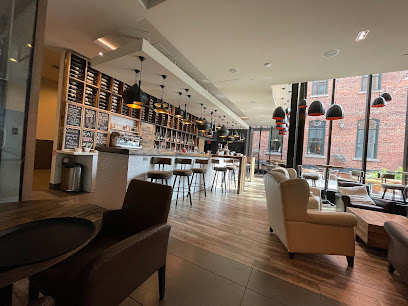
1 Elgin Restaurant
Experience authentic Canadian cuisine at 1 Elgin Restaurant in Ottawa – where local flavors meet contemporary dining.
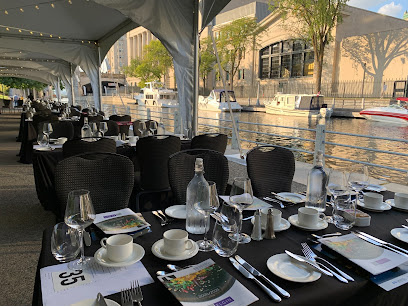
La Terrasse
Experience exquisite dining at La Terrasse with stunning views overlooking Ottawa's vibrant skyline and iconic landmarks.
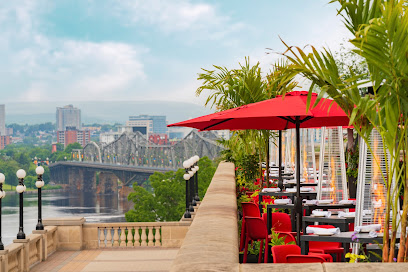
WILFRID'S
Discover fine dining at Wilfrid's in Ottawa - where local flavors meet exquisite culinary artistry.
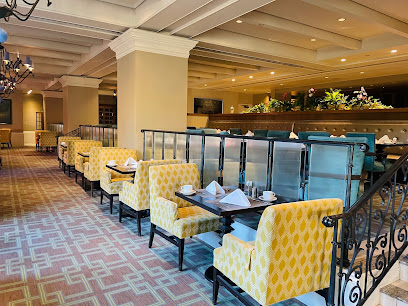
Markets, malls and hidden boutiques
CF Rideau Centre
Discover the CF Rideau Centre, Ottawa's top shopping mall featuring over 180 stores, diverse dining choices, and a vibrant atmosphere in the heart of the city.
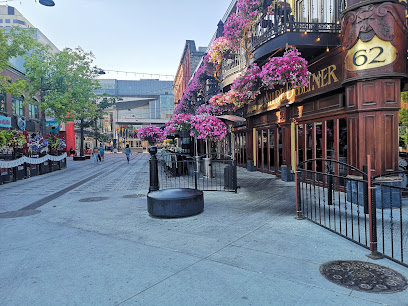
Hudson's Bay
Explore Hudson's Bay in Ottawa: Your ultimate destination for fashion, beauty, and Canadian culture in a vibrant shopping environment.
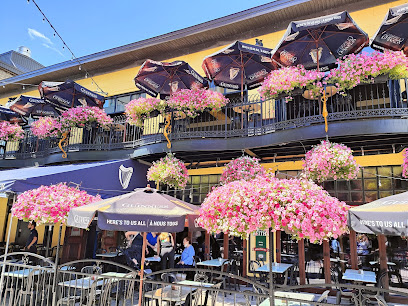
boogie + birdie
Explore Boogie + Birdie, Ottawa's premier gift shop offering unique candles, fashion accessories, home goods, and handcrafted jewelry.
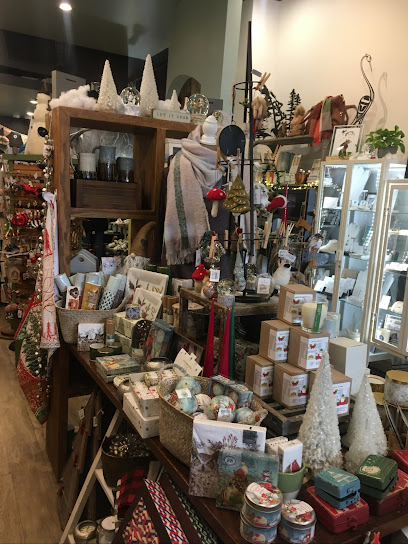
viens avec moi
Explore the eclectic charm of 'Viens Avec Moi', a boutique in Ottawa's Glebe district offering curated fashion and unique accessories.
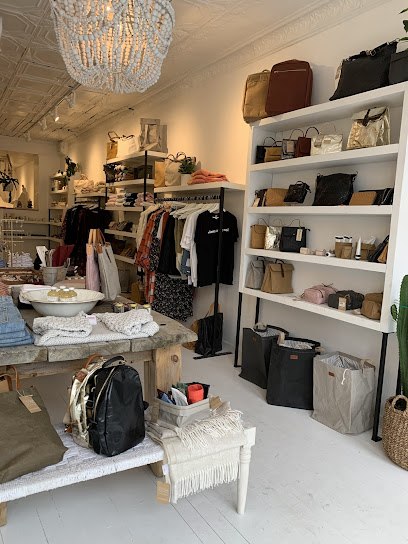
3 Trees
Explore 3 Trees in Old Ottawa East for unique gifts and stylish clothing that capture the local essence and culture of Ottawa.
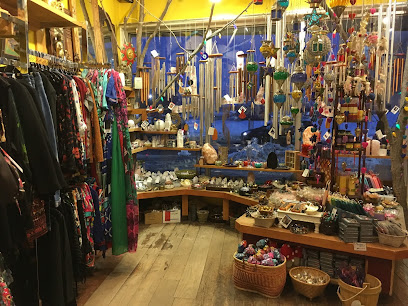
Made In Canada Gifts
Discover authentic Canadian gifts and souvenirs at Made In Canada Gifts, located in Ottawa's vibrant Byward Market, perfect for every traveler.
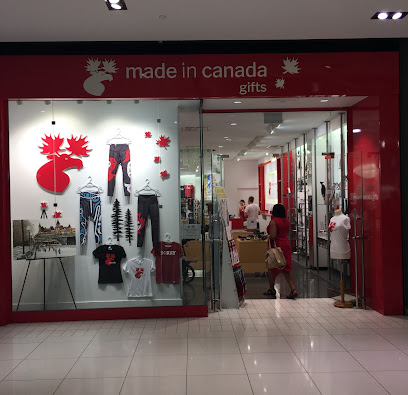
Boutique Campus Store
Explore Ottawa's unique gifts, clothing, and books at the Boutique Campus Store, a charming shopping destination in the heart of the city.
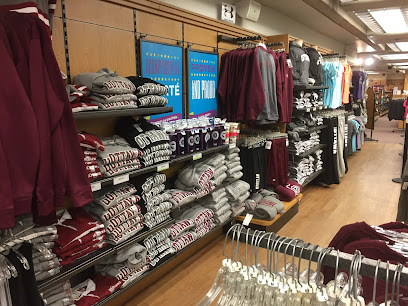
Canada In A Basket
Explore Canada In A Basket, Ottawa's premier gift shop for authentic Canadian products and unique souvenirs celebrating the nation's rich heritage.
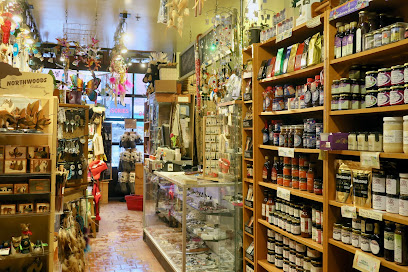
Beauty Boutique by Shoppers Drug Mart
Discover a world of beauty at the Beauty Boutique by Shoppers Drug Mart, offering top cosmetics and skincare in the vibrant Glebe neighborhood of Ottawa.
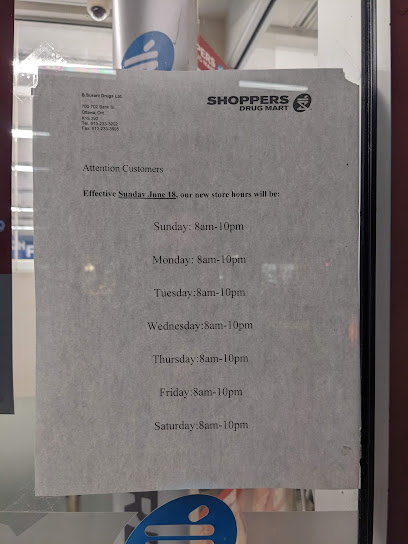
Boutique OAG Shop
Visit Boutique OAG Shop for unique Ottawa gifts, local artistry, and memorable souvenirs that celebrate the rich culture of Canada’s capital.
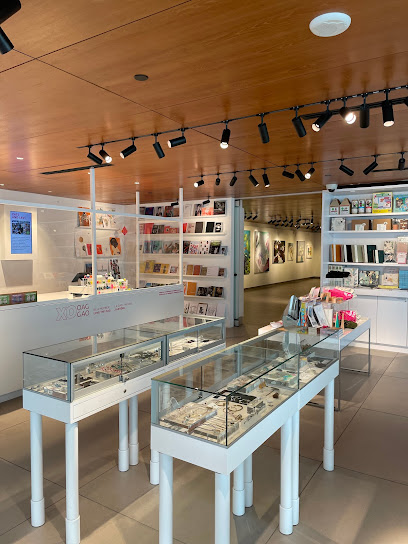
Essential bars & hidden hideouts
Aulde Dubliner & Pour House - ByWard Market, Ottawa ON
Experience the lively spirit of Ireland at Aulde Dubliner & Pour House, an Irish pub in ByWard Market, Ottawa, perfect for food and drink enthusiasts.
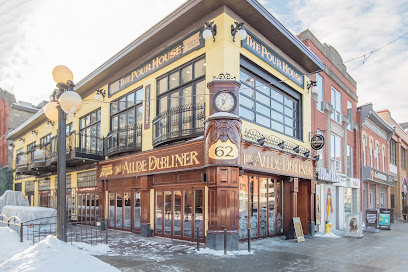
The Laff
Discover vibrant nightlife at The Laff, a lively bar and music venue in Ottawa's Byward Market, offering great food, drinks, and unforgettable live performances.
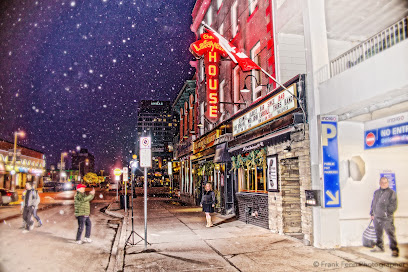
The Moonroom
Experience the vibrant nightlife of Ottawa at The Moonroom, a unique lounge in Little Italy offering creative cocktails and a cozy outdoor patio.
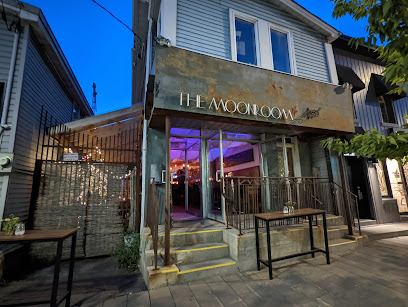
THE ALBION ROOMS RESTAURANT
Experience the culinary artistry of The Albion Rooms, a premier gastropub in Ottawa blending exquisite dining with an inviting atmosphere.
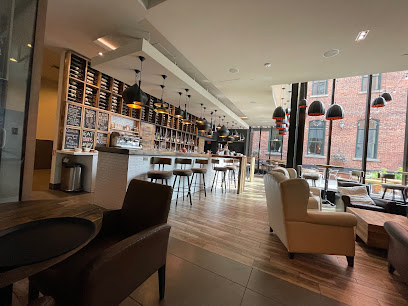
Clocktower Brew Pub - Rideau
Discover the vibrant atmosphere and delicious craft beers at Clocktower Brew Pub - Rideau, a top culinary destination in Ottawa's Byward Market.
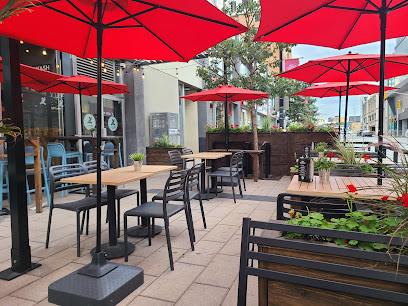
Mavericks
Experience the vibrant nightlife of Ottawa at Mavericks, where local brews, live music, and a lively atmosphere await you.
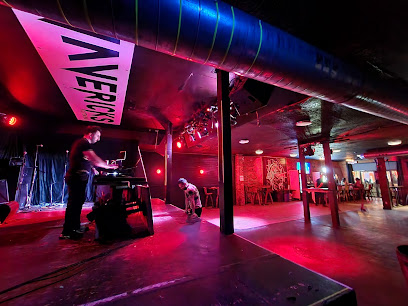
Apothecary Lounge
Discover Apothecary Lounge, Ottawa's hidden gem for creative cocktails and a cozy atmosphere in the heart of Byward Market.
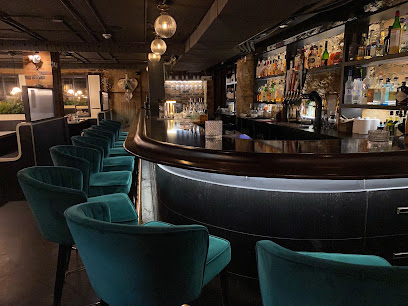
Avant-Garde Bar & Gift Shop
Discover the vibrant fusion of art and nightlife at Avant-Garde Bar & Gift Shop, a unique destination in Ottawa's Byward Market!
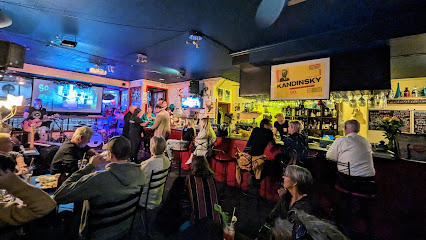
107 Fourth Avenue Wine Bar & Café
Discover the charm of 107 Fourth Avenue Wine Bar & Café, where exquisite wines meet delightful dining in Ottawa's vibrant Glebe neighborhood.
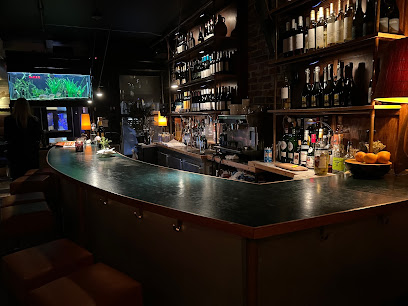
Stolen Goods Cocktail Bar
Experience Ottawa's vibrant nightlife at Stolen Goods Cocktail Bar, where unique cocktails and a cozy atmosphere await.
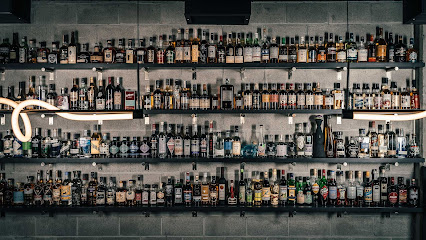
Local Phrases
-
- HelloBonjour
[bon-zhoor] - GoodbyeAu revoir
[oh ruh-vwahr] - YesOui
[we] - NoNon
[noh] - Please/You're welcomeS'il vous plaît
[seel voo pleh] - Thank youMerci
[mehr-see] - Excuse me/SorryExcusez-moi/Désolé
[ex-koo-zay mwah/deh-zoh-lay] - How are you?Comment ça va?
[koh-mohn sah vah] - Fine. And you?Bien. Et vous?
[byen. ay voo] - Do you speak English?Parlez-vous anglais?
[par-lay voo ahn-glay] - I don't understandJe ne comprends pas
[zhuh nuh kohm-prahn pah]
- HelloBonjour
-
- I'd like to see the menu, pleaseJe voudrais voir le menu, s'il vous plaît
[zhuh voo-dray vwahr luh meh-nyoo seel voo pleh] - I don't eat meatJe ne mange pas de viande
[zhuh nuh mahnj pah duh vyand] - Cheers!Santé!
[sahn-tay] - I would like to pay, pleaseJe voudrais payer, s'il vous plaît
[zhuh voo-dray pay-ay seel voo pleh]
- I'd like to see the menu, pleaseJe voudrais voir le menu, s'il vous plaît
-
- Help!À l'aide!
[ah layd] - Go away!Allez-vous en!
[al-lay vooz ahn] - Call the Police!Appelez la police!
[ah-play lah poh-lees] - Call a doctor!Appelez un médecin!
[ah-play uh mayd-sahn] - I'm lostJe suis perdu(e)
[zhuh swee pair-doo] - I'm illJe suis malade
[zhuh swee mah-lahd]
- Help!À l'aide!
-
- I'd like to buy...Je voudrais acheter...
[zhuh voo-dray zah-shay] - I'm just lookingJe regarde juste
[zhuh ruh-gard zhuhst] - How much is it?Combien ça coûte?
[kohm-byen sah koot] - That's too expensiveC'est trop cher
[say troh shair] - Can you lower the price?Pouvez-vous baisser le prix?
[poo-vay voo bay-say luh pree]
- I'd like to buy...Je voudrais acheter...
-
- What time is it?Quelle heure est-il?
[kell err ay eel] - It's one o'clockIl est une heure
[eel ay oon eur] - Half past (10)Dix heures et demie
[dee-zeur ay dehm-ee] - MorningMatin
[mah-tahn] - AfternoonAprès-midi
[ah-pray mee-dee] - EveningSoir
[swahr] - YesterdayHier
[ee-yair] - TodayAujourd'hui
[oh-zhoor doo-ee] - TomorrowDemain
[dehm-ahn] - 1Un
[uhn] - 2Deux
[duh] - 3Trois
[twah] - 4Quatre
[kah-truh] - 5Cinq
[sank] - 6Six
[sees] - 7Sept
[seht] - 8Huit
[wheat] - 9Neuf
[nuff] - 10Dix
[dee]
- What time is it?Quelle heure est-il?
-
- Where's a/the...?Où est...?
[oo ay] - What's the address?Quelle est l'adresse?
[kell ay la-dress] - Can you show me (on the map)?Pouvez-vous me montrer (sur la carte)?
[poo-vay voo muhn-tray sur la kart] - When's the next (bus)?Quand est le prochain (bus)?
[kahn ay luh proh-shahn] - A ticket (to ....)Un billet (pour ....)
[uhn bee-yay poor]
- Where's a/the...?Où est...?
History of Rideau Canal
-
The Rideau Canal was constructed between 1826 and 1832 as a military precaution during the War of 1812. Designed by Lieutenant Colonel John By of the Royal Engineers, the canal provided a secure route between Montreal and the Great Lakes, bypassing the potentially hostile waters of the St. Lawrence River. This strategic importance was paramount in ensuring the safety and economic stability of the burgeoning Ottawa region.
-
In the latter half of the 19th century, the Rideau Canal played a crucial role in the economic development of Ottawa. The canal facilitated trade and transportation, allowing goods and timber from the Ottawa Valley to reach markets in the United States and beyond. The canal's waterways became vital arteries for local businesses, contributing to Ottawa's growth as a commercial hub.
-
As industrialization transformed Ottawa, the Rideau Canal evolved into a recreational space for residents. By the early 20th century, people flocked to the canal for activities such as boating, fishing, and skating. The annual Winterlude festival, which celebrates winter activities on the canal, began in 1979 and has since become a hallmark of Ottawa's cultural identity, attracting visitors from around the world.
-
In 2007, the Rideau Canal was designated a UNESCO World Heritage Site, recognizing its historical significance and outstanding universal value. This designation highlights the canal's engineering innovations and its role in the development of Canada as a nation. It has also spurred efforts to preserve the canal's historical structures and promote sustainable tourism in the region.
-
Today, the Rideau Canal remains a vital part of Ottawa's identity and urban landscape. The canal is not only a recreational venue but also a site for cultural events, art installations, and community gatherings. Its pathways and parks are integral to the city's green space, reflecting Ottawa's commitment to preserving its natural and historical heritage while fostering a vibrant community.
Rideau Canal Essentials
-
Rideau Canal is centrally located in Ottawa and easily accessible from various neighborhoods. From the ByWard Market, you can walk to the canal in about 15 minutes. If you are coming from the downtown area, take the OC Transpo bus routes 1 or 7, which stop near the canal. For those arriving from further away, Ottawa's main train station, VIA Rail, is approximately 3 kilometers from the canal. Taxis and rideshare services are also readily available.
-
The Rideau Canal area is pedestrian-friendly and ideal for walking and cycling. Bike rentals are available at various locations near the canal, especially during the warmer months. The city’s public transit system, OC Transpo, provides bus services that connect to the canal. For a unique experience, consider renting a canoe or kayak to explore the waterway directly. During winter, the canal transforms into the world’s largest skating rink, making it a popular spot for ice skating.
-
Rideau Canal is generally a safe area for tourists, but standard precautions are advised. Avoid isolated areas after dark, especially around the canal. While most crime in Ottawa is non-violent, petty theft can occur in crowded tourist spots. It’s best to keep your belongings secure and be aware of your surroundings, particularly in popular areas like the ByWard Market and around major attractions.
-
In case of an emergency, dial 911 for police, fire, or medical assistance. Familiarize yourself with the location of the nearest hospital, The Ottawa Hospital, located a few kilometers from the canal. It’s also advisable to have travel insurance for any unforeseen medical needs. Local pharmacies can provide over-the-counter medications for minor health issues.
-
Fashion: Do dress for the season; winters can be cold, and summers warm. Wear comfortable shoes for walking. Religion: Do respect local customs when visiting nearby religious sites. Public Transport: Do pay your fare and be courteous to fellow passengers. Don't eat or drink on buses. Greetings: Do greet with a friendly 'hello' or 'hi', as Canadians are generally polite. Eating & Drinking: Do try local specialties, like BeaverTails. Don't litter or leave food waste in public areas.
-
To experience Rideau Canal like a local, visit during the winter months to enjoy skating on the canal. Stop by the local markets for fresh produce and artisanal goods. Engage with local vendors and ask for recommendations on the best spots to eat or visit. If you're in the area during summer, consider picnicking along the canal’s banks or participating in local festivals that often take place near the waterway.
Nearby Cities to Rideau Canal
-
Things To Do in Montreal
-
Things To Do in Lake Placid
-
Things To Do in Burlington
-
Things To Do in Middlebury
-
Things To Do in Stowe
-
Things To Do in Syracuse
-
Things To Do in Montpelier
-
Things To Do in Rochester
-
Things To Do in Rutland
-
Things To Do in Saratoga Springs
-
Things To Do in Killington
-
Things To Do in Woodstock
-
Things To Do in Halifax
-
Things To Do in Hanover
-
Things To Do in Ithaca












